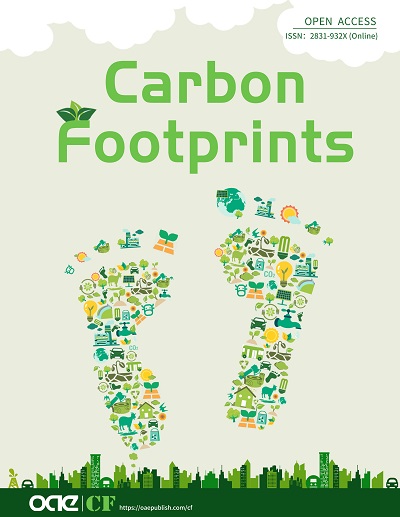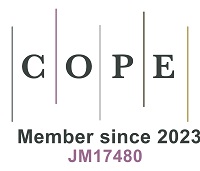
Topic: The Race to Decarbonization in the Next Phase of Globalization
Guest Editor(s)
Cambridge Centre for Environment, Energy and Natural Resource Governance, Cambridge, United Kingdom;
Institute of Geographic Sciences and Natural Resources Research (IGSNRR), Chinese Academy of Sciences, Beijing, China.
University of Sussex, Brighton, United Kingdom;
Institute of Geographical Sciences and Natural Resources Research (IGSNRR), Chinese Academy of Sciences, Beijing, China.
Special Issue Introduction
Proposed topics include, but are not limited to:
● Impacts of carbon tariffs on international trade and carbon emissions;
● Trade-offs in low-carbon technologies and CCUS deployment;
● The growing carbon footprint of artificial intelligence;
● Carbon outsourcing from the perspective of developing countries;
● Spatial spillover effects of carbon emissions and carbon footprints;
● Shared responsibilities for carbon footprints between the Global South and North;
● Cost-benefit allocation in collaborative carbon emission reduction efforts;
● Pathways and challenges for Belt and Road countries in the low-carbon transition;
● Inequality and optimization in the global low-carbon transition;
● Measurement and implications of low-carbon globalization.
Keywords
Submission Deadline
Submission Information
For Author Instructions, please refer to https://www.oaepublish.com/cf/author_instructions
For Online Submission, please login at https://oaemesas.com/login?JournalId=cf&SpecialIssueId=CF240831
Submission Deadline: 15 Jun 2025
Contacts: Leah Yang, Assistant Editor, Leah@carbonfootprintsjournal.net







